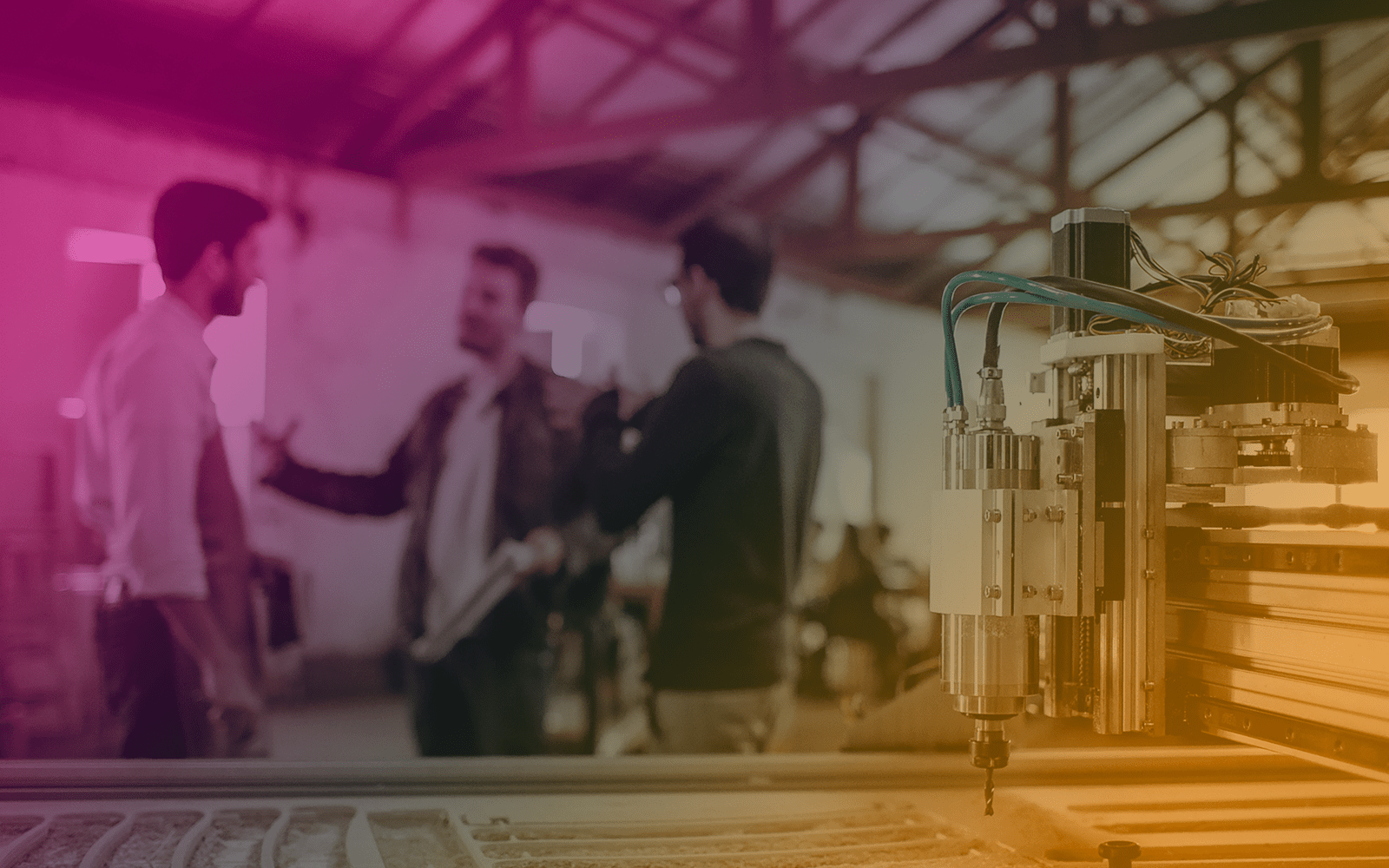US Patent Office Wants To Regulate Copyright On AI Generated Content

It’s a wonderful time to be alive. Technology has brought us the craziest innovations that were just sci-fi a few decades ago: smart homes, VR, global warming… and of course AI. Our CTO hates that acronym since it became one of the most overused buzzwords in tech. Despite that, AI is undoubtedly changing the way companies operate, with effects being felt across many fields.
One of these fields is the creation of intellectual property. You might have already listened to some AI-generated music such as the track below, and AI has been integrated in music software like Apple Logic for years now. As reported by The Verge, the United States Patent and Trademark Office (USPTO) is starting to ask itself (and the public) the question: “Can AI produce intellectual property?”
In fact TorrentFreak wrote earlier this month that the USPTO published a notice in the Federal Register last month saying it’s seeking comments from the public on thirteen questions in total. The first one asks the fundamental question:
Should a work produced by an AI algorithm or process, without the involvement of a natural person contributing expression to the resulting work, qualify as a work of authorship protectable under U.S. copyright law? Why or why not?
The other questions include whether it’s legal to train an AI with copyrighted material, what happens if an AI algorithm produces copyright-infringing work, what degree of human contribution would be necessary for the product to qualify for copyright protection, and who would then be the owner of the product.
This is not the first time that the Patent Office has asked the public for feedback on controversial subjects. It’s a good way to get a sense of what are the legal implications of these new developments from the people who deal with them first-hand. Earlier this year, the USPTO had asked the public’s opinion on the definition of “AI inventions”.
None of these questions are still addressed by the US law, as it hasn’t been necessary yet. However, the matter has been discussed for years. As George Washington University School of Law lecturer Zvi S. Rosen told The Verge: “what’s protectable is conscious steps made by a person to be involved in authorship,” which is the case for most music produced using the AI-powered tools that are available at the moment. However, Rosen specifies, “my opinion is if it’s really a push button thing, and you get a result, I don’t think there’s any copyright in that.”
That sounds reasonable in theory, especially because making music at the push of a button still sounds like something we won’t have to deal with anytime soon, right? Wrong. Earlier this year Warner Music signed a deal with AI start-up Endel for the distribution of 600 tracks entirely generated by an AI. While the tracks cannot be exactly defined as ‘music’ as they consist of ambient sounds and noises layered using an AI algorithm, they are being treated like any other copyrighted content that is distributed on music streaming platforms. “That’s where it gets more complicated,” Rosen says. “I don’t have a clear answer on that.”
As you can imagine, these requests for comments from the USPTO don’t usually get tons of responses. Most come from law firms, companies that are heavily reliant on copyright and IP and relative interest groups. Sourcing opinions and experiences directly from the creators is particularly important to define the guidelines for a regulatory debate on such controversial matters, which is why the Patent Office asks such specific questions.
“It’s not surprising [the office] is doing this,” says Rosen to The Verge. “I think everyone sees it coming. Given how long these things take, any legislative response is going to be late, but by trying to get out in front of it on the study end, it’s not going to be as late. That’s just how things work.”
The information available on this page is of a general nature and is not intended to provide specific advice to any individuals or entities. We work hard to ensure this information is accurate at the time of publishing, although there is no guarantee that such information is accurate at the time you read this. We recommend individuals and companies seek professional advice on their circumstances and matters.




